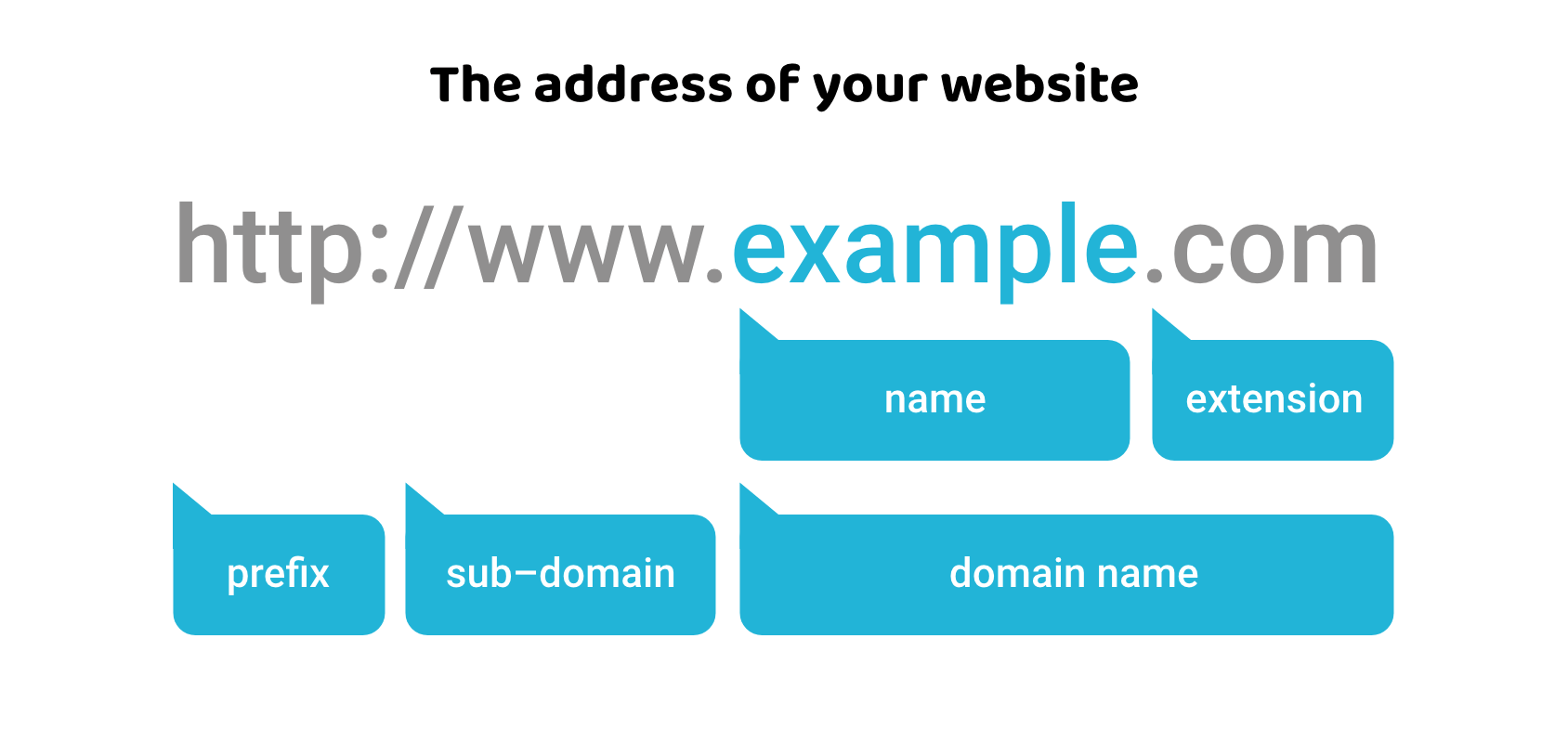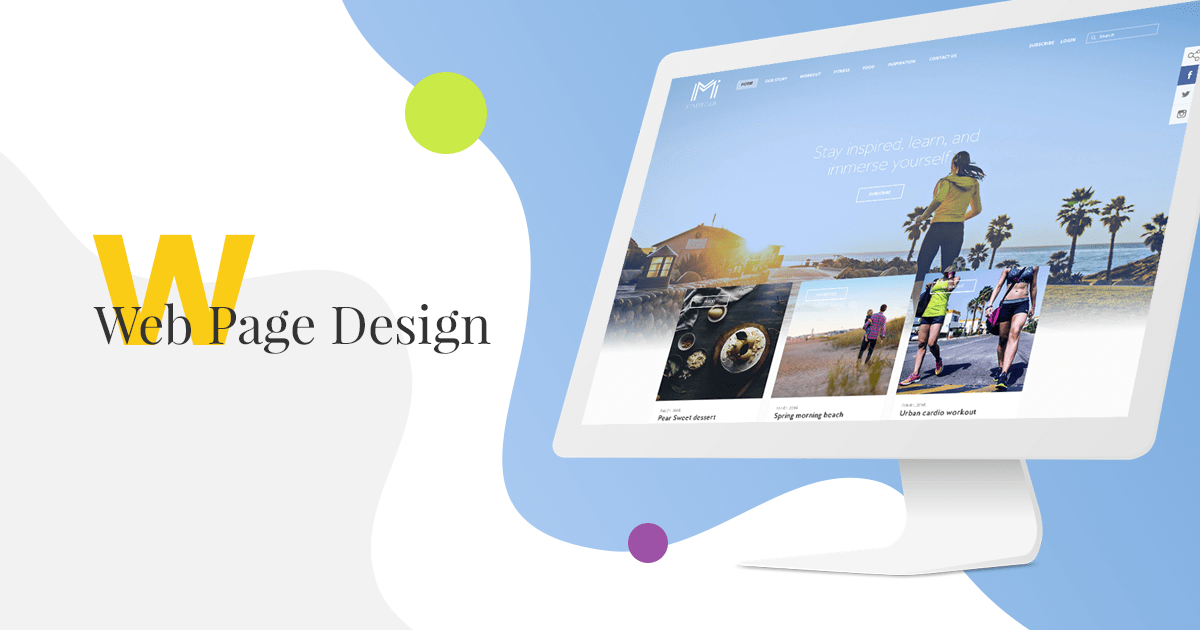How To Create A Successful Affiliate Marketing Website
Choosing the Right Domain Name
I find that launching an affiliate marketing website starts with a crucial decision: picking the right domain name. It’s the first impression you make on your audience and the digital address they’ll remember to revisit. Think of it as the foundation of your virtual real estate.
Now, why does selecting a memorable, relevant domain name matter? Simple. It’s essential for brand identity and effective marketing. A domain that resonates with your niche and sticks in the memory can mean the difference between a thriving affiliate site and one that sinks into obscurity.
When it comes to selecting a domain that’s brandable and aligns with your business, creativity combined with strategic thinking is key. Seek out a name that not only reflects the essence of your content but also has the potential to stand out in a crowded online marketplace.
It’s equally important to avoid pitfalls such as choosing overly complex names that are hard to spell, or names that are too similar to established brands, which might confuse your audience or even lead to legal issues. A simple, unique, and forward-looking domain name sets the stage for long-term success.
Let’s consider hosting once you have a strong domain. Ideal hosting solutions not only maintain your website’s stability and availability but also support you in scaling as your traffic grows. In the next section, we’ll explore different hosting plans, pinpointing specifics that you NEED to look for as an affiliate marketer.


Decoding Hosting Plans for Affiliate Marketers
Choosing the right hosting plan is more than just a technicality; it’s a foundation that can shape your website’s success. Just like a physical store needs a reliable location to thrive, your affiliate marketing website needs a hosting environment that ensures it’s always open for business.
When assessing server performance, don’t just look at the advertised speeds or uptime guarantees. Real-world reviews and performance tests give a much clearer picture of what to expect. I’m talking about loading times that don’t leave your audience hanging and uptime that keeps your content available round the clock. Reliability is non-negotiable in this arena.
Some hosting providers have carved out a reputation for catering specifically to affiliate marketers. They understand the unique traffic patterns and offer scalable solutions that grow with your success. These providers also tend to offer specialized services like one-click installations for essential tools and automatic updates.
Your hosting choice needs to mesh well with the design and navigational framework of your site. Poor server performance can undermine even the most intuitively designed interfaces. You need a hosting plan that supports swift navigation, ensuring visitors find the desired information without delay. That’s how you keep them engaged. It’s also a stepping stone to one of your ultimate goals – a clean and intuitive design, which I’ll touch on next.
Designing for Success: The Power of User Experience
In the realm of affiliate marketing, user experience can make or break the effectiveness of your website. Think about it; if I find myself on a clunky, hard-to-navigate website, I’m out of there faster than you can say ‘404 Error.’ That’s why mobile responsiveness isn’t just a fancy feature; it’s a MUST-HAVE in today’s smartphone-centric world.
Creating a site with a responsive design ensures that whatever device a visitor uses, be it a smartphone, tablet, or desktop, the experience remains consistently smooth. This doesn’t just satisfy visitors; it also ticks a box in Google’s ranking factors. So, yes, a mobile-friendly design can direct more traffic to your site. And let’s face it, more traffic often leads to more sales.
Beyond adapting to screen sizes, I also focus on navigation that’s as intuitive as child’s play. The secret? Keep it simple and don’t make users think too hard. Your menu should guide them through a seamless journey from landing page to purchase confirmation. No dead ends, no frustration.
Now, securing your affiliate website is equally important. An unsafe website is like a house with no locks – nobody’s going to leave their valuables (or personal information) there. I recommend starting with basic strategies such as regular updates to your platform and adding security plugins. These steps are vital in establishing trust with your audience. Without trust, the potential for conversions plummets.
Moving on from user experience, a critical component of that trust is ensuring that the site is secure. You need to show your visitors that their safety is your priority. This seamlessly leads us to the next section about SSL certificates and cybersecurity. This is where we cover the nuts and bolts of keeping your site not just functional, but fortified.


Securing Your Affiliate Site: SSLs and Cybersecurity
It’s essential to view your affiliate website not just as a business platform, but as a digital space where security is paramount. This starts with SSL certificates, which do more than just encrypt data between the user’s device and your server. They serve as a visible assurance to visitors that their information is safe, boosting their confidence in your site. In the section that follows, I cover the immediate jumps in user trust you can expect when your site brandishes that coveted padlock icon in the address bar.
But an SSL is just the beginning. Your affiliate site needs a robust defense against the diverse threats that loom in the cyber landscape. This is where regular backups come into play. Consider them your safety net; should anything go awry, you have your pre-emptive strike in place, allowing for quick recovery of your affiliate content and user data.
Moreover, including security plugins forms the first line of defense against intrusions. These tools can block malicious traffic, monitor for suspicious activity, and even provide firewalls. And remember, a cleansed site not only reassures your users but also search engines, which tend to favor secure sites.
Let’s not forget speed optimization. A sluggish site often signals vulnerability. Quick page loading times can help reduce the risk of exploitation from threats that capitalize on slow security protocols. In the upcoming section on website speed, I dive into how maintaining a brisk performance can elevate user engagement, not just security.
So, by instilling SSL security, safeguarding with backups, guarding with plugins, and prioritizing speed, you’re setting a foundation of trust and reliability. This solid groundwork ensures that when visitors arrive at your affiliate website, they’re greeted with a seamless and secure experience, allowing them to focus on what they came for: your content and recommendations.
Sealing the Deal with Speed: Why Fast Loading Times Are Non-Negotiable
You’ve carefully selected your domain, chosen a reliable hosting plan, designed a user-friendly website, and ensured it’s secure. Now, let’s tackle the final frontier in creating a successful affiliate marketing website: loading speed. Here’s why SPEED is the keyword and how it directly influences user engagement and, by extension, your success.
Imagine this: You’re in a store, ready to buy, but the checkout line is moving agonizingly slow. What do you do? If you’re like most people, you’ll leave without making a purchase. That’s exactly what happens when your website loads slowly. Users bail out, often never to return. Every second counts, and here’s the evidence. Studies show that even a one-second delay in page load time can lead to a 7% reduction in conversions.
What can you do to boost speed and keep users around? Image optimization is a MUST. Compress those images without sacrificing quality to shave off precious milliseconds from your load time. Next up, integrating a Content Delivery Network (CDN) can drastically cut down on the time it takes for your content to reach its audience, especially if they’re scattered around the globe.
In conclusion, an affiliate marketing website that doesn’t prioritize website speed is falling behind before it even begins. Fast loading times are a cornerstone of a superior user experience and a catalyst for higher engagement and conversions. Remember, a responsive, well-designed, secured and FAST website isn’t just a choice; it’s an absolute necessity in the competitive world of affiliate marketing.

Obviously, there is much to consider when creating a successful affiliate marketing website. I have spent many days and weeks investigating all of the aspects above. I found 1 company stands out from the others.
To effortlessly navigate and excel in every aspect of building a successful affiliate marketing website, consider partnering with Wealthy Affiliate. With their expertise, you can ensure a memorable domain name, reliable hosting solutions, user-friendly design, robust security, and lightning-fast loading times. They are an “all-in-one” company, the complete package. Wealthy Affiliate stands out as the best choice for comprehensive support, guiding you towards a thriving and competitive presence in the affiliate marketing landscape. Start your journey to success with Wealthy Affiliate today!
Sign Up For A Free Account Today! No Credit Card Required!









